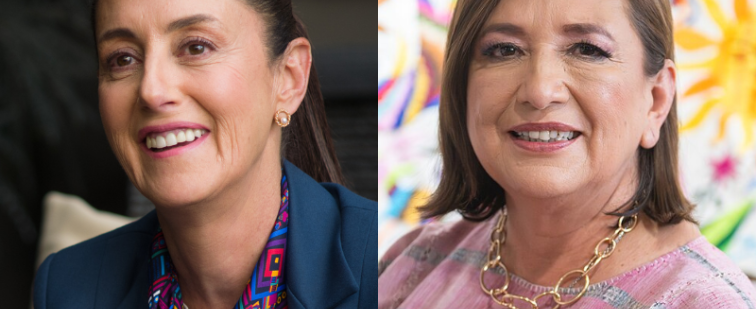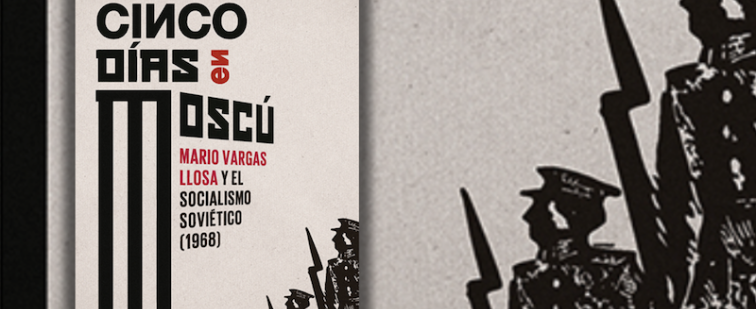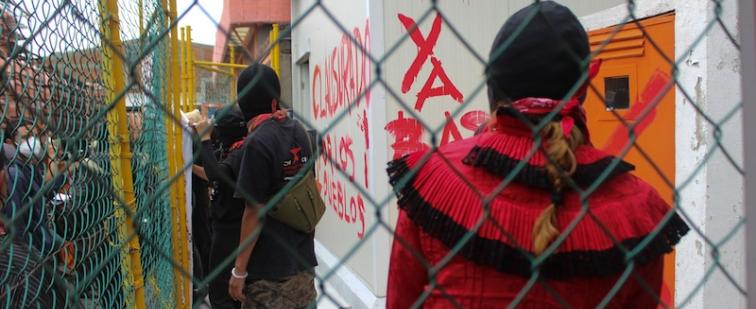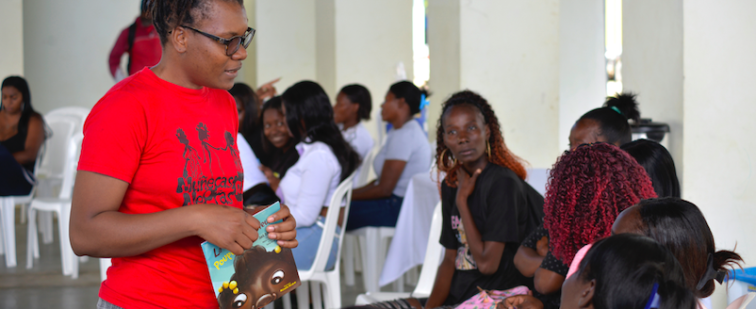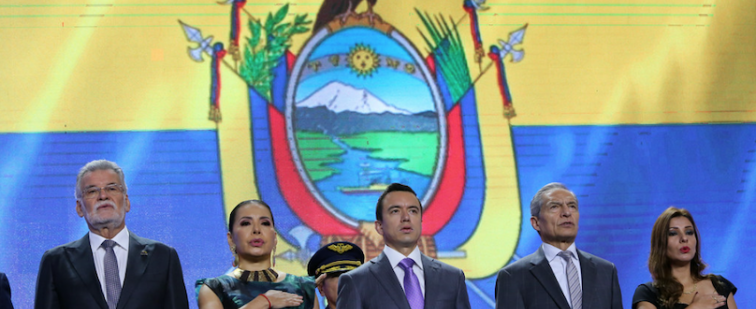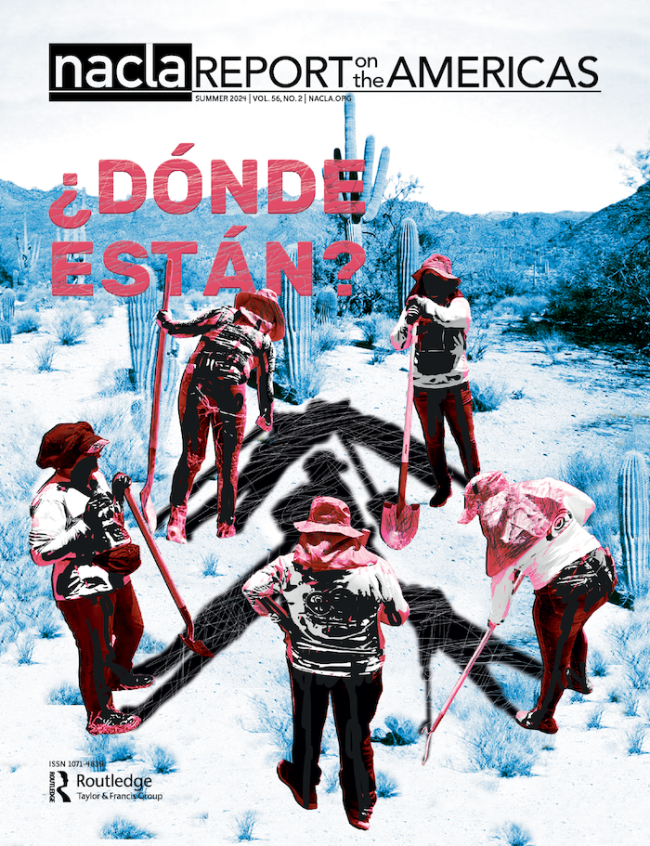Home
The United Nations quietly released a report in March exposing an array of human rights abuses associated with a growing mercenary industry recruiting large numbers from Latin American countries.
Here in Washington, Word Bank employees agitating for the dismissal of their embattled chief executive, Paul D. Wolfowitz have taken to wearing blue ribbons in order to demand "good governance" at the World Bank. The deciding factor in whether he keeps his job may be whether the authorities—who in this case includes Wolfowitz's sponsor, George W. Bush—think the pressure will continue or fade away.
I wasn’t bothered the first time I saw my mother go through the suitcase of a maid that was leaving. “Suitcase” is perhaps an overstatement for the bunch of rags the woman carried in her hand. At eight years old, I peeked at the exchange from behind a couch. The maid slowly took out her belongings one by one: shirts, pajamas, underwear. My mom looked at me, saying, “She could be taking something.” Three women in a small room and an act of humiliation that still weighs on me: my own mother against the weakest person imaginable, a pregnant maid, who was leaving for good.
The police killing of a public school teacher on April 4 in the southern province of Neuquén has sparked massive protests in Argentina and reawakened the slogan: "Que Se Vayan Todos" (Throw them all out!). Argentina's teachers and trade unions participated in a nationwide strike Monday, April 9, to protest police violence against teachers in Neuquén. Some say the province is at the brink of a wider rebellion, with a deep political crisis shaking up Patagonia.
These days it seems journalists have become less popular than lawyers. The widespread perception of journalism is that it is a field full of pedantic windbags and hacks with hidden agendas. For anyone who might be looking for evidence there is such a thing as a journalist with something mind-expanding to say, whose work is potentially as life-changing as a great film or novel, I recommend Ryszard Kapuscinski. His books might serve to dissuade journalist-haters from their blanket dismissal of our kind, the scribbling tribe.
How unexpected: Colombia's northwest department (province) of Chocó is suddenly en vogue. After the scandalous death of 49 children from hunger in the last three months—adding to countless others we’ve never heard about—everyone seems to have an opinion about Chocó. Some say the department is simply unviable and that it should be absorbed and divided up between neighboring departments.
Throughout the 1990s, the Bolivian women’s movement was ideologically polarized between a liberal, NGO-based “gender technocracy” and the anarcha-feminism embodied in the Mujeres Creando (Women Creating) movement. Between them stood the great majority of the country’s female population—a huge contingent of women of indigenous descent living in a colonized condition. Neither the technocratic nor the anarchist tendency considered them the subject of political representation.
For Felipe Calderón, the second president of Mexico to come from the conservative National Action Party, this is year zero for his governance of Mexico from the hard right. Elected in a disputed, polarizing process with just 35% of the popular vote, unrecognized as Mexico’s legitimate president by his principal opponent, he has chosen, despite his soft-spoken manner, to rule with an iron fist.
“An island surrounded by land” is how novelist Roa Bastos described his native Paraguay, as much in reference to its political and social insularity, as to its landlocked geography. With less than seven million people in an area about the size of California, Paraguay is considered by some to be South America’s so-called “Empty Quarter.” The country’s eccentricity leaves many outsiders puzzled or uninterested.
March 31 was an important date for the future of Latin America, especially from a symbolic perspective. George W. Bush received President Luiz Inacio Lula da Silva, the trade unionist in whom a great part of the continent placed its hopes for change when he put on the presidential sash of Brazil in January 2003, at his retreat outside Washington.




